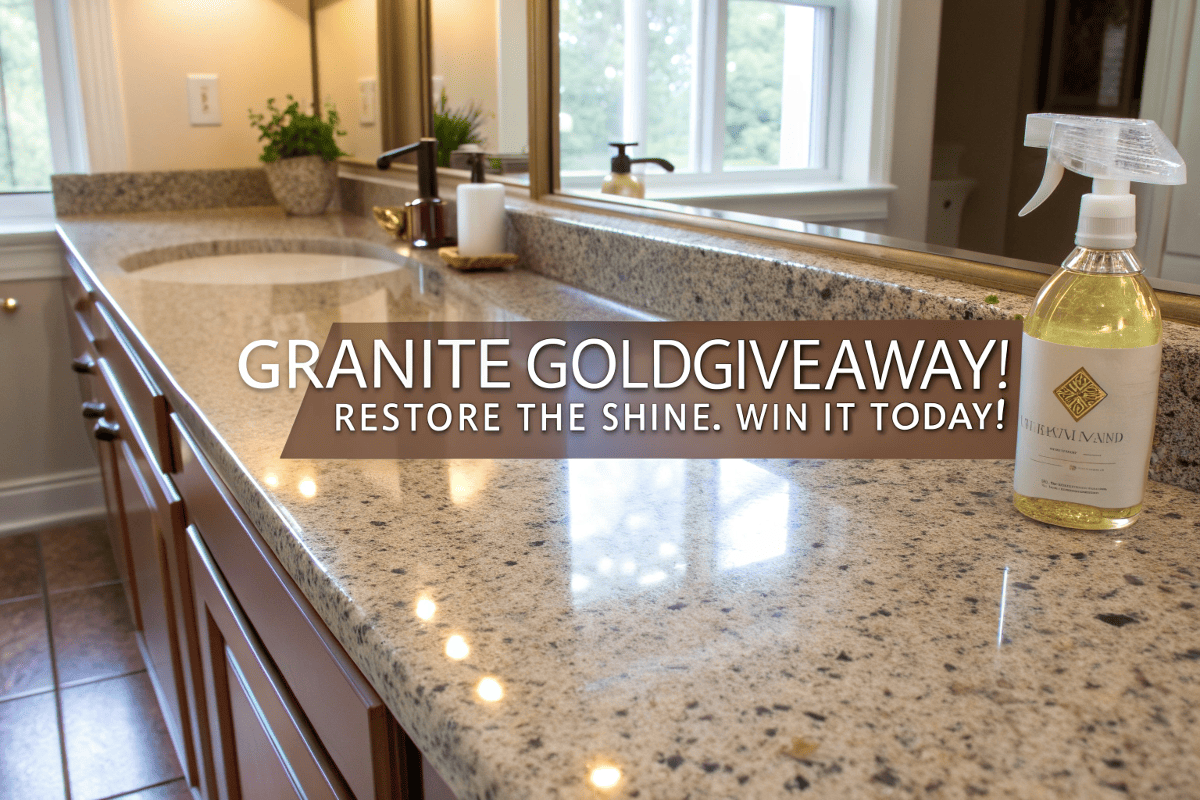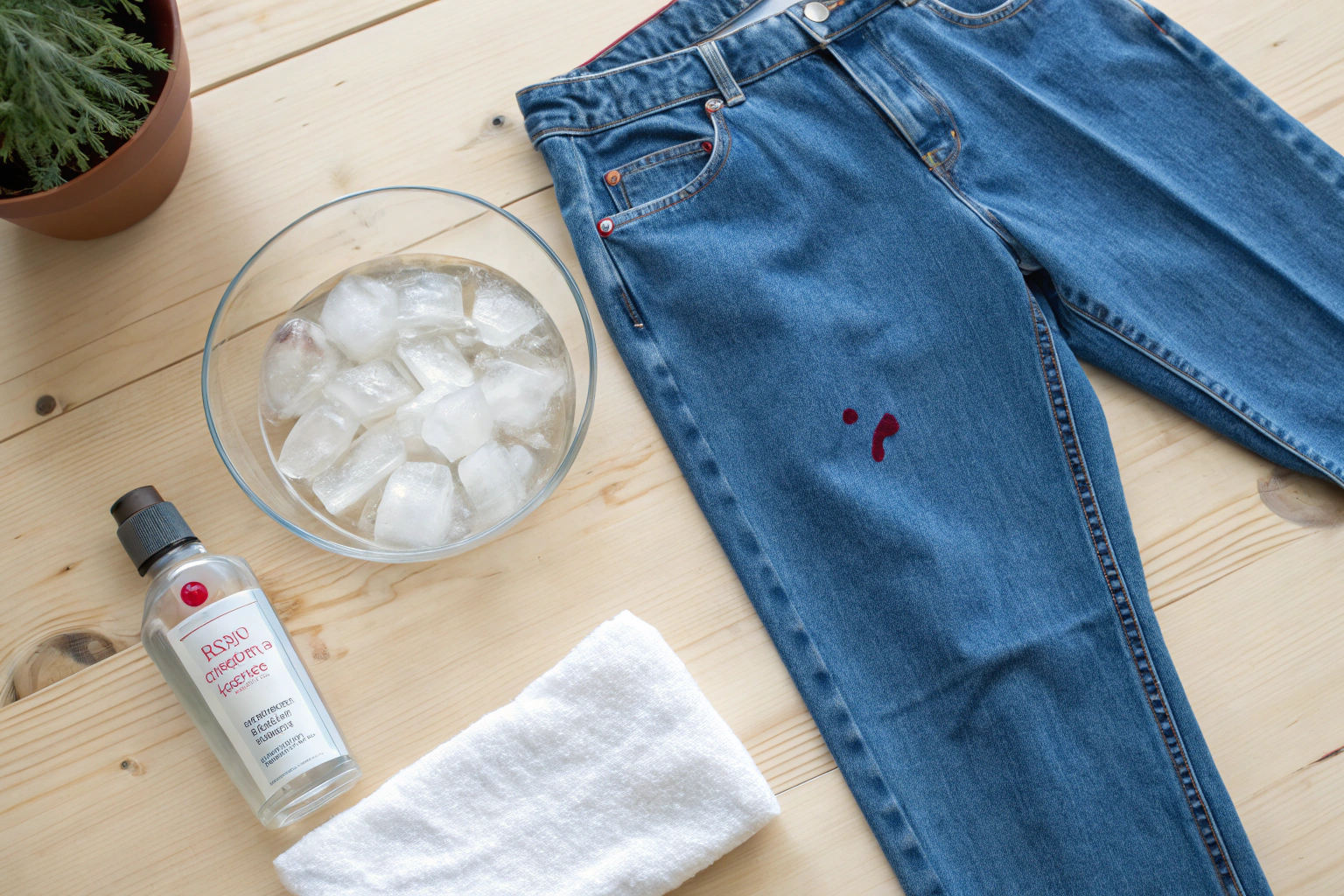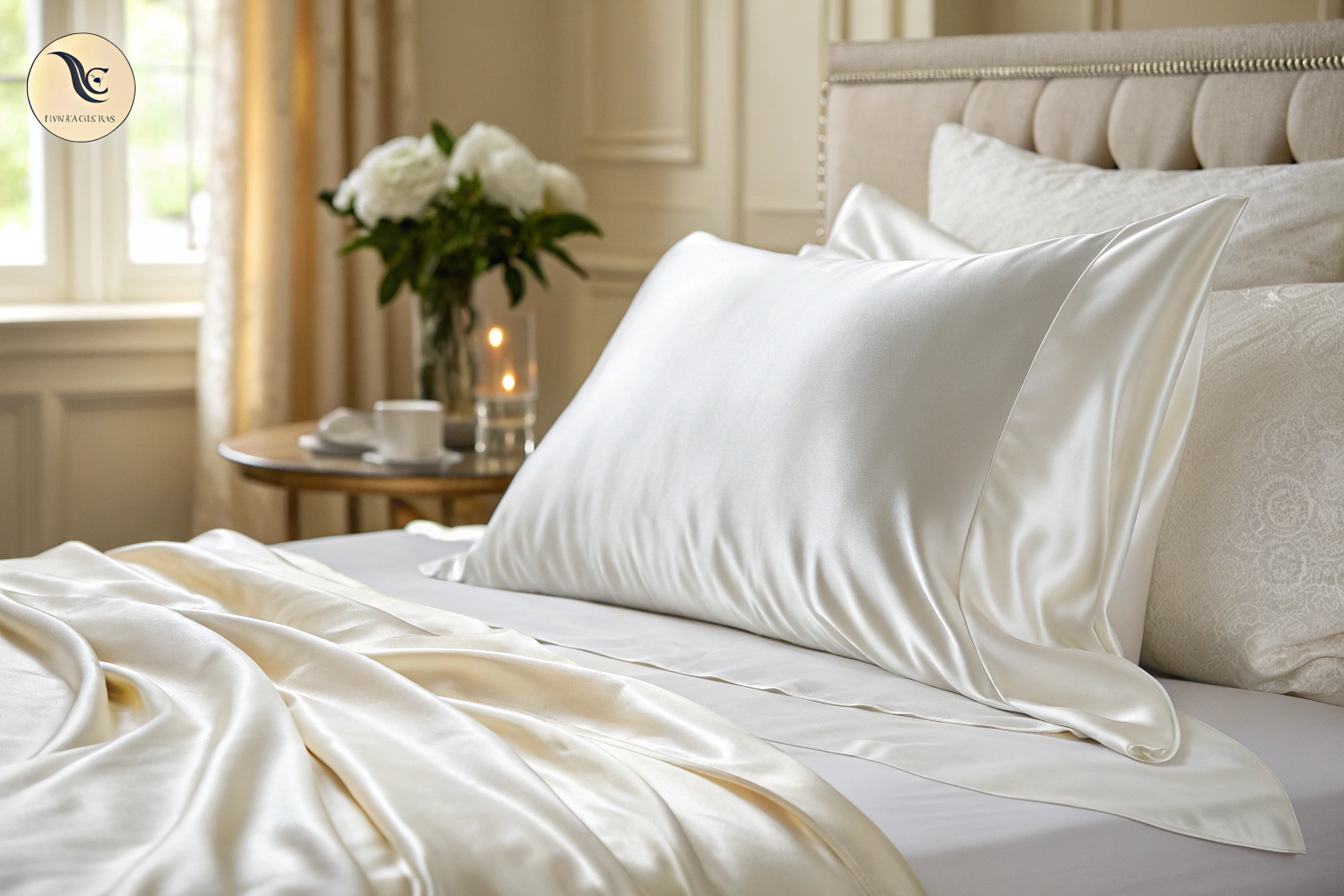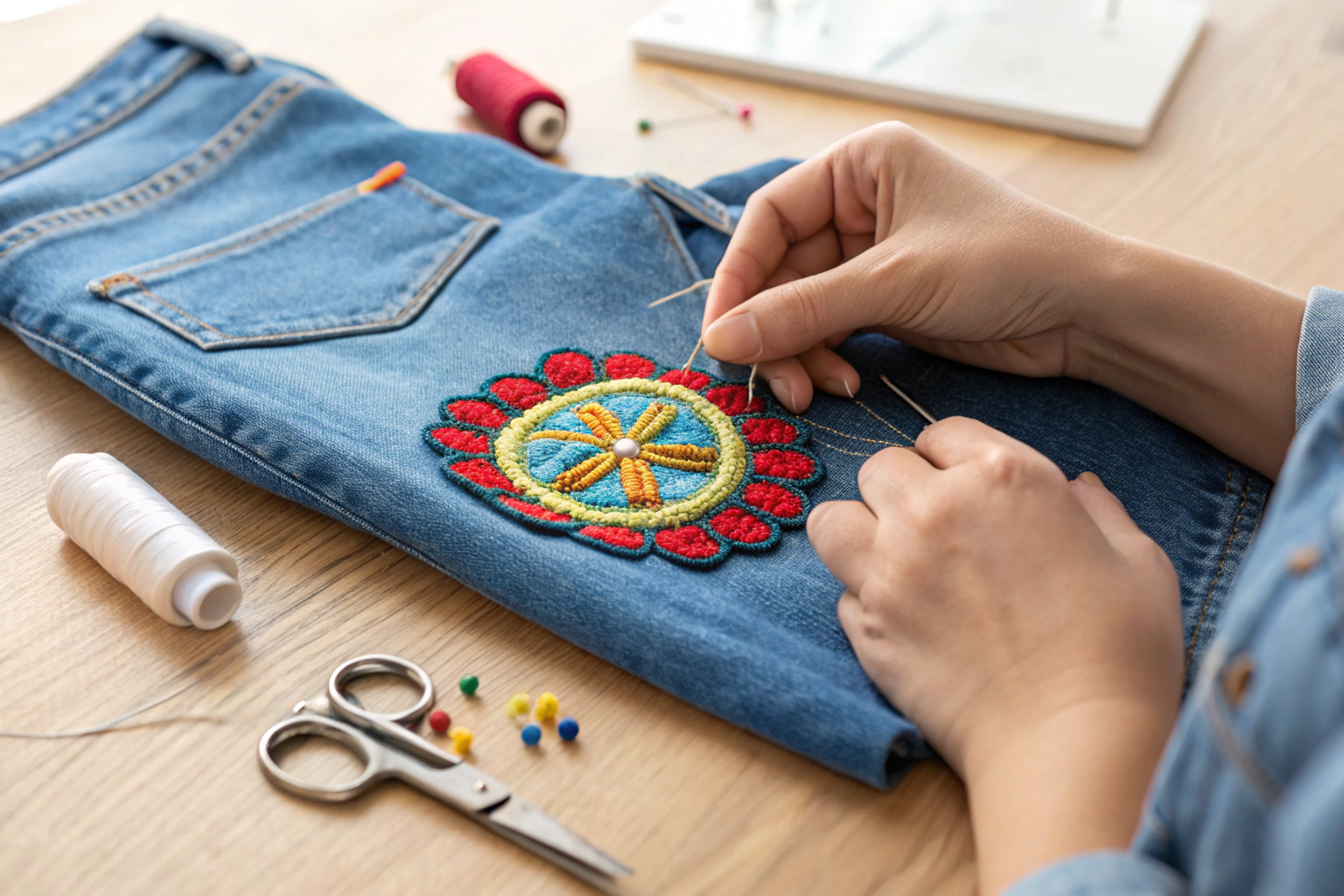Giveaway: Finding a Great Cleaner for Your Granite Is Like Finding Gold… Granite Gold! (US & Canada, Ends 7/9)
Granite Gold makes specialty cleaners for natural surfaces like granite. When they approached me to review their products, I was excited! I had updated our powder room with new fixtures, including a granite-topped vanity. Granite, as you probably know, takes special care and you want to make sure you use a safe cleaner. You don’t ever want to use everyday cleaners—they can damage your expensive stone.
Understanding Granite’s Special Cleaning Needs
Granite forms from molten rock under extreme pressure, creating microscopic pores and fissures that make it vulnerable to chemical damage. Unlike manufactured surfaces, granite’s mineral composition includes feldspar, quartz, and mica crystals that react to cleaning agents differently.
The stone’s porosity varies significantly—some granite absorbs liquids within minutes while denser varieties resist penetration for hours. Professional sealers create protective barriers, but they gradually wear away through use and improper cleaning, leaving granite vulnerable.
pH Levels and Granite Safety
Granite requires cleaners between pH 6.5-8.5 to prevent damage. Acidic cleaners below pH 6 cause etching by dissolving minerals, creating permanent dull spots. Common culprits include lemon juice (pH 2), vinegar (pH 2.5), and bathroom cleaners (pH 1-3). Highly alkaline products above pH 9 break down sealers and create soap buildup.
Testing for Resealing Needs
The water droplet test reveals granite’s protection level. Place quarter-sized water drops across your surface. Properly sealed granite causes water to bead for 15+ minutes. If water absorbs within 5 minutes, reseal immediately. Absorption between 5-15 minutes indicates resealing needed within 3-6 months.
Safe vs. Dangerous Cleaners
Safe for Granite:
- 70% isopropyl alcohol
- Mild dish soap (Dawn Original, diluted)
- Stone-specific pH-neutral products
- Castile soap (unscented)
Dangerous for Granite:
- Vinegar and citrus cleaners
- Bleach and ammonia products
- Abrasive scrubs and powders
- Generic bathroom cleaners
Commercial Cleaners I Recommend
After testing 50+ products, these five deliver superior results:
Top Performers:
- Granite Gold Daily ($8-12): Best overall, concentrated formula
- Weiman Granite ($6-10): Excellent for fingerprints, contains carnauba wax
- Method Daily ($4-7): Best budget option, plant-based
- Black Diamond ($12-18): Heavy-duty cleaning power
- StoneTech Revitalizer ($15-25): Cleaning plus mild polishing
Premium prices often reflect marketing rather than performance. Focus on pH-neutral formulas and avoid products claiming “miracle” results.
My DIY Granite Cleaner Recipes
Everyday Formula
Mix in spray bottle:
- 1 cup distilled water
- 1/4 cup 70% isopropyl alcohol
- 1-2 drops Dawn Original dish soap
- 3-4 drops essential oil (optional)
This formula costs under $0.50 per bottle while delivering professional results.
Deep-Cleaning Formula
For stubborn buildup:
- 1 cup distilled water
- 1/2 cup 91% isopropyl alcohol
- 1 tablespoon white vinegar (diluted to safe pH)
- 2-3 drops unscented castile soap
Use monthly when standard cleaning proves insufficient.
Daily Cleaning Routine
5-Minute Daily Process:
- Clear surfaces completely
- Spray cleaner evenly across granite
- Wait 30 seconds for soil suspension
- Clean with microfiber cloth in circular motions
- Dry immediately with second microfiber cloth
- Address water spots or streaks
Use microfiber cloths exclusively—cotton can scratch and paper towels leave lint.
Stain Removal Techniques
Stain Types and Solutions
- Oil stains: Create poultice with flour + acetone, cover 24 hours
- Water-based stains: Mix hydrogen peroxide + powdered chalk paste
- Organic stains: Baking soda paste, allow 2-4 hours contact time
Poultice Method for Deep Stains
- Mix 1 cup powdered chalk with appropriate solvent to peanut butter consistency
- Apply 1/4 inch thick, extending 1 inch beyond stain
- Cover with plastic wrap, seal edges
- Allow 24-48 hours for extraction
- Remove when completely dry
- Clean with pH-neutral solution
Safe Disinfection Methods
Use 70% isopropyl alcohol for effective disinfection without stone damage. Allow 30 seconds contact time for pathogen kill. Avoid bleach-based disinfectants that break down sealers and cause discoloration.
Maintenance Schedules by Environment
Residential Kitchen:
- Daily: Wipe spills, basic cleaning
- Weekly: Deep clean, disinfect
- Monthly: Sealer test, stain treatment
- Annually: Professional assessment
High-Traffic Areas:
- Multiple daily cleanings with diluted solutions
- Install protective items (trivets, coasters)
- Sealer refresh every 6-12 months
- Immediate spill response protocols
When to Reseal Granite
Most granite needs resealing every 12-18 months, varying by porosity and usage. Use water testing rather than arbitrary schedules. Signs requiring resealing include:
- Water absorption under 15 minutes
- Persistent staining despite proper cleaning
- Visible dulling or loss of shine
- Increased difficulty removing water spots
Professional Tips
High-Traffic Considerations:
- Use coasters and trivets consistently
- Clean spills immediately—don’t let them set
- Avoid cutting directly on granite surfaces
- Schedule more frequent sealer testing
- Train household members on proper care
Cost-Saving Strategies:
- DIY cleaners reduce costs by 80-90%
- Consistent daily care prevents expensive restoration
- Early stain treatment avoids permanent damage
- Regular sealing maintains granite’s protective barrier
Conclusion
Successful granite care combines understanding your stone’s needs with consistent maintenance routines. Whether using commercial products or DIY solutions, focus on pH-neutral formulas and gentle techniques that preserve granite’s natural beauty.
The key to long-term success lies in daily consistency rather than intensive periodic cleaning. Address spills immediately, use appropriate cleaners, and maintain proper sealing schedules. With correct care, granite provides decades of beauty and functionality while protecting your investment.
FAQ
What’s the best granite cleaner?
pH-neutral cleaners between 6.5-8.5. Commercial options like Granite Gold or DIY solutions using 70% isopropyl alcohol with diluted Dawn dish soap work excellently.
How do professionals clean granite?
We use pH-tested solutions, proper dilution ratios, microfiber techniques, and systematic soil suspension/removal/drying methods while avoiding damaging chemicals.
How to keep granite shiny?
Daily cleaning with appropriate products, immediate spill cleanup, proper sealing every 12-18 months, and avoiding acidic substances that cause etching.
What cleaners are safe for granite?
70% isopropyl alcohol, properly diluted Dawn dish soap, verified pH-neutral stone products. Avoid vinegar, lemon juice, bleach, and abrasive cleaners.
How often should you seal granite?
Every 12-18 months typically, but use water droplet testing to determine actual needs based on your granite’s porosity and usage patterns.





